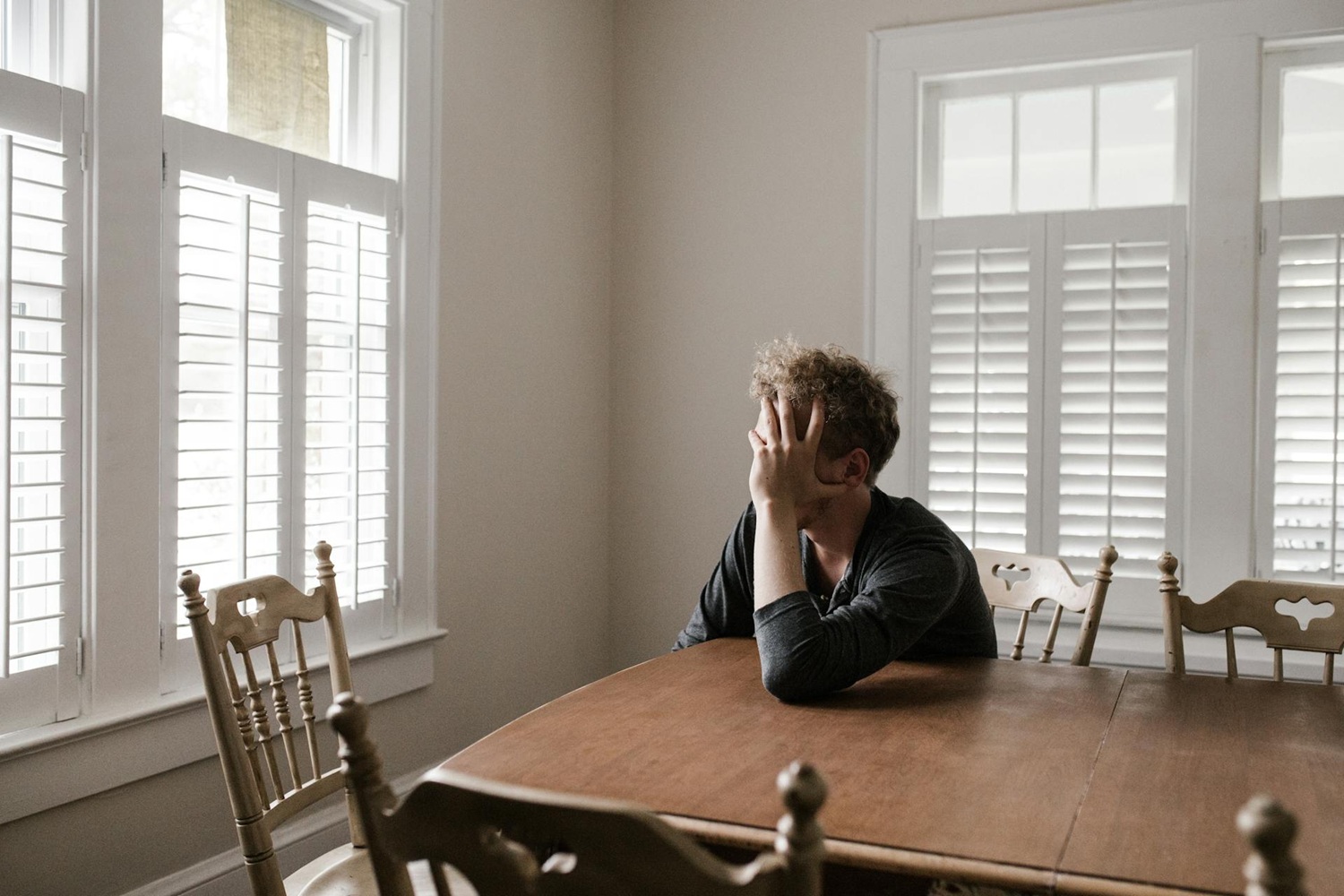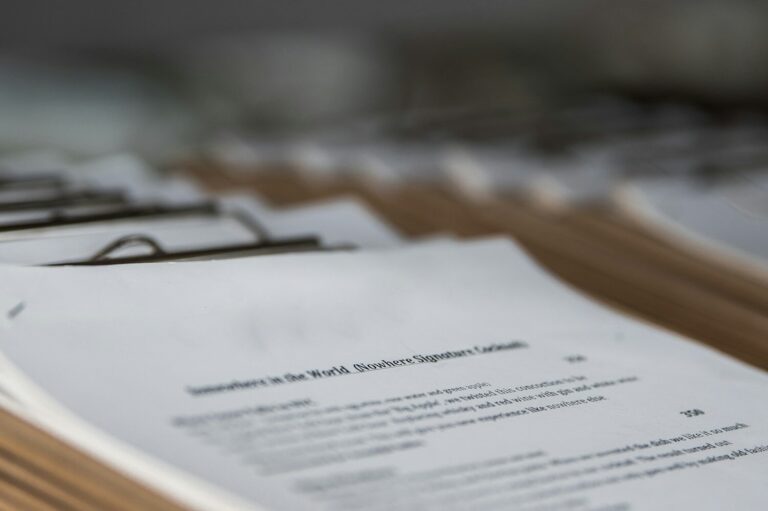Facing false allegations of domestic violence can feel overwhelming and terrifying. Beyond the emotional toll, these claims can impact your home, your children, your job and your reputation. If this has happened to you, it is vital to act with care and urgency to protect your legal rights and reputation.
Immediate first steps
First and foremost, do not confront the person making the allegations. Direct contact – especially in emotionally charged circumstances – can be misinterpreted and may harm your position legally. Instead, preserve calm and communicate only through legal channels.
Seek legal advice immediately from a solicitor experienced in domestic violence cases. Early guidance can make a crucial difference, especially when navigating sensitive proceedings, police interviews or court orders.
Know your rights. You are presumed innocent. You are entitled to legal representation from the outset and you have the right to remain silent during police interviews – to avoid self-incrimination.
Navigating the police and legal process
If the police are involved, you may be arrested or invited to attend a voluntary interview. In either case, ensure a solicitor is present. Anything you say can be used in evidence, so legal representation is essential.
Bail conditions might restrict where you can go, who you can contact or whether you can return to your own home. These conditions can feel unfair when you are innocent, but breaching them will only damage your case. Your solicitor can advise you on applying to vary conditions where necessary.
Building your defence
Defending yourself against false allegations requires clear, credible evidence. This may include:
- Text messages, emails or social media records that contradict the allegations
- Witness statements from friends, family or colleagues
- Records of your movements, such as work logs or travel data
- Medical or professional evidence disproving any claims of harm
Keep a detailed record of all interactions related to the case. The more organised and factual your evidence, the stronger your defence will be.
Support through the courts
False allegations can lead to hearings in both criminal and family courts, especially if children are involved. Judges will prioritise safeguarding, so it is vital to present a clear case backed by strong evidence and legal representation.
A solicitor can represent you in negotiations, hearings and applications to challenge protective orders. They will also advise you on steps to protect your parental rights if child arrangements are affected.
Taking your next steps
False allegations of domestic violence are extremely serious, but you do not have to face them alone. Acting quickly, gathering evidence and relying on professional legal support gives you the best chance of clearing your name and restoring stability in your life.
At Osbourne Pinner Solicitors, we understand how devastating false allegations can be. Our family lawyers provide clear, practical advice and strong representation to defend your rights, protect your family relationships and secure the outcome you deserve.
If you’d like tailored advice for your circumstances, book a free 30-minute consultation. We can speak remotely on video call or you can come to one of our offices in Harrow, Canary Wharf, Piccadilly Circus and Manchester.
Get started using our form below, by calling 0203 983 5080 or contacting us by email on [email protected].




